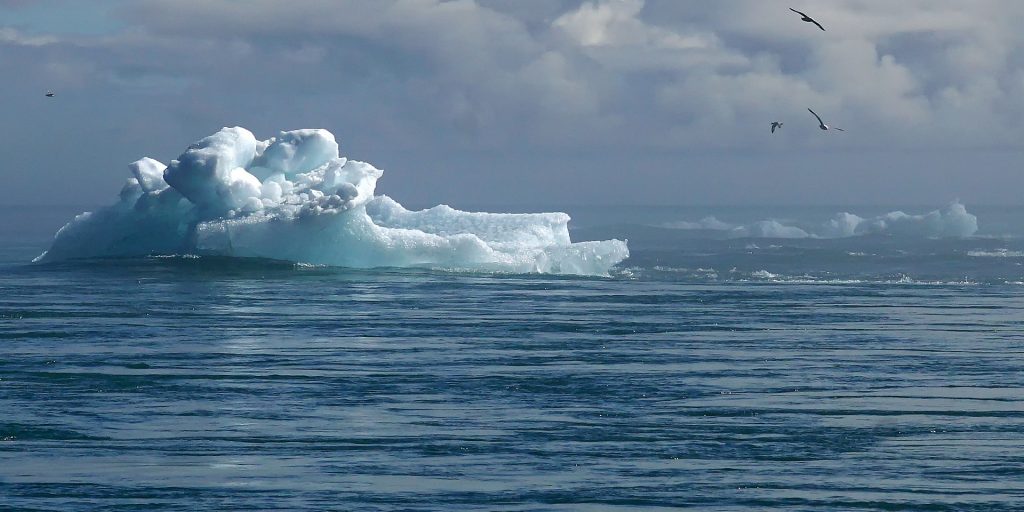Climate report from UN warns of ‘dangerous and widespread disruption in nature’
Easily missed amid news of Russia’s invasion of Ukraine, the latest United Nations climate report released last week is ominous, pointing to “widespread deterioration” of the natural world as we know it. Climate change, it warns, “is causing dangerous and widespread disruption in nature,” already impacting billions of people.
“This report is a dire warning about the consequences of inaction,” said Hoesung Lee, chair of the Intergovernmental Panel on Climate Change, which compiled the report, in a statement. “It shows that climate change is a grave and mounting threat to our wellbeing and a healthy planet. Our actions today will shape how people adapt and nature responds to increasing climate risks.”
Given the intense focus on the environment by the scientific community over the last few decades, the findings aren’t surprising. The world is heating up and, without intervention, the consequences will be dire—the outlook worsening with each day that passes without a response. The report calls for “deep cuts in greenhouse gas emissions” along with comprehensive action to rejuvenate biodiversity and climate change adaptation.
Cities, in particular, are a major driver of greenhouse gas emissions. But while they’re a part of the problem, they’re also a big contributor to the solution. The solutions are multifaceted and far-reaching, positively impacting both the environment and society at large.
While simultaneously reducing emissions, “Green buildings, reliable supplies of clean water and renewable energy, and sustainable transport systems that connect urban and rural areas can all lead to a more inclusive, fairer society,” said Debra Roberts, a member of the Intergovernmental Panel on Climate Change. Roberts holds a Ph.D in urban biogeography and currently serves as head of the Sustainable and Resilient City Initiatives Unit in Durban, South Africa.
The report outlines “unequivocal” scientific evidence that “climate change is a threat to human wellbeing and the health of the planet. Any further delay in concerted global action will miss a brief and rapidly closing window to secure a liveable future,” said Hans-Otto Pörtner, a respected climatologist and member of the Intergovernmental Panel on Climate Change.
Already, global resiliency is being challenged at the world’s current elevated temperature. The global average temperature in 2020 was 1.76° Fahrenheit warmer than the twentieth-century average of 57.0° Fahrenheit, a standard barometer, according to Climate.gov. It will become even more challenging if “global warming exceeds (2.7° Fahrenheit warmer). In some regions it will be impossible if global warming exceeds (3.6° Fahrenheit),” the report says. “This key finding underlines the urgency for climate action, focusing on equity and justice. Adequate funding, technology transfer, political commitment and partnership lead to more effective climate change adaptation and emissions reductions.”




















